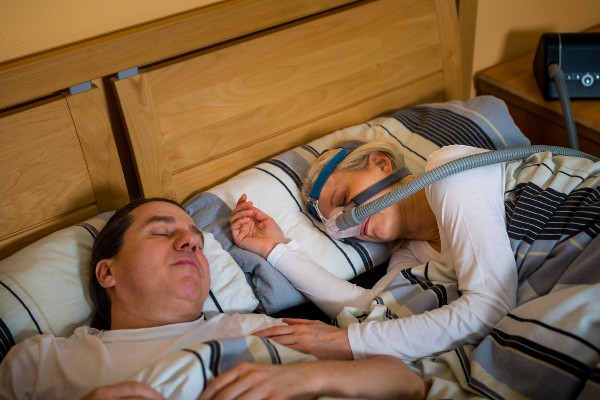In the realm of sleep disorders, sleepwalking presents a unique challenge. It’s a silent visitor in the night, causing both worry and bewilderment. This is where sleep medicine McLean steps in. Sleep medicine specialists have a crucial role in managing this nocturnal wander. They are the detectives of the dream world. Their job is to unravel the why and how of sleepwalking and guide us toward a serene sleep.
The Enigma Of Sleepwalking
Sleepwalking, a phenomenon known to us for centuries, still holds many mysteries. It’s not just an act of moving around during sleep, but a complex interplay of brain activities. Sleep medicine specialists are conducting extensive research to untangle this mystery.
Decoding Sleepwalking With Sleep Medicine
Sleep medicine specialists are like sheriffs of the sleep town. They use tools like sleep studies to understand the pattern of sleepwalking. These studies capture brain waves, eye movements, heart rate, and more during sleep. This data helps in determining the root cause of sleepwalking. For a complex problem like sleepwalking, one size does not fit all. Each case is unique and needs a tailored approach. Sleep medicine specialists craft a detailed plan to manage sleepwalking and ensure the safety of the sleepwalker.
The Role of Sleep Medicine Specialists

The sleep medicine specialist’s role is not just to diagnose and treat sleepwalking. They also play a crucial role in educating the public about sleep health. They debunk myths and provide accurate information about sleep disorders. They are the custodians of our sleep health.
Comparison Between Sleepwalking in Children and Adults
Sleepwalking is more common in children than in adults. The table below illustrates the differences:
| Children | Adults | |
| Prevalence | High | Low |
| Duration | Usually outgrow by puberty | Usually chronic |
| Causes | Deep sleep, sleep deprivation | Stress, alcohol, certain medications |
How Do Sleep Medicine Specialists Help?
Sleep medicine specialists play a crucial role in managing sleepwalking. They provide a safe and comprehensive approach to managing this disorder. This is achieved through a combination of medication, behavioral therapy, and lifestyle changes. In severe cases, they may refer patients to a neurologist or psychiatrist for further treatment. The guiding principle for sleep medicine specialists is to ensure a peaceful and restful night’s sleep for all.
Conclusion
As guardians of our sleep, sleep medicine specialists play a critical role in managing sleep disorders. By understanding the unique challenges of sleepwalking, they provide targeted treatment and strategies for managing this disorder. With their help, a peaceful night’s sleep is within reach.
For more information on sleepwalking and other sleep disorders, visit the National Institute of Neurological Disorders and Stroke.

